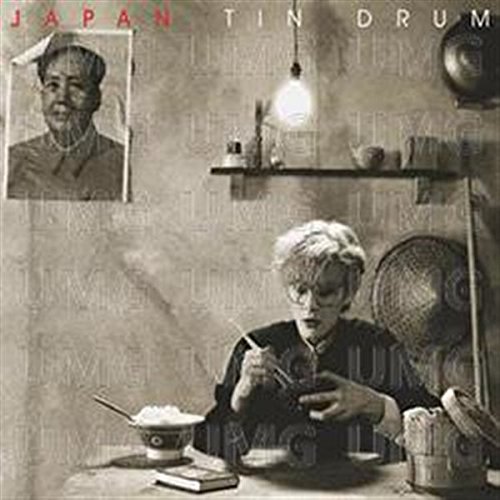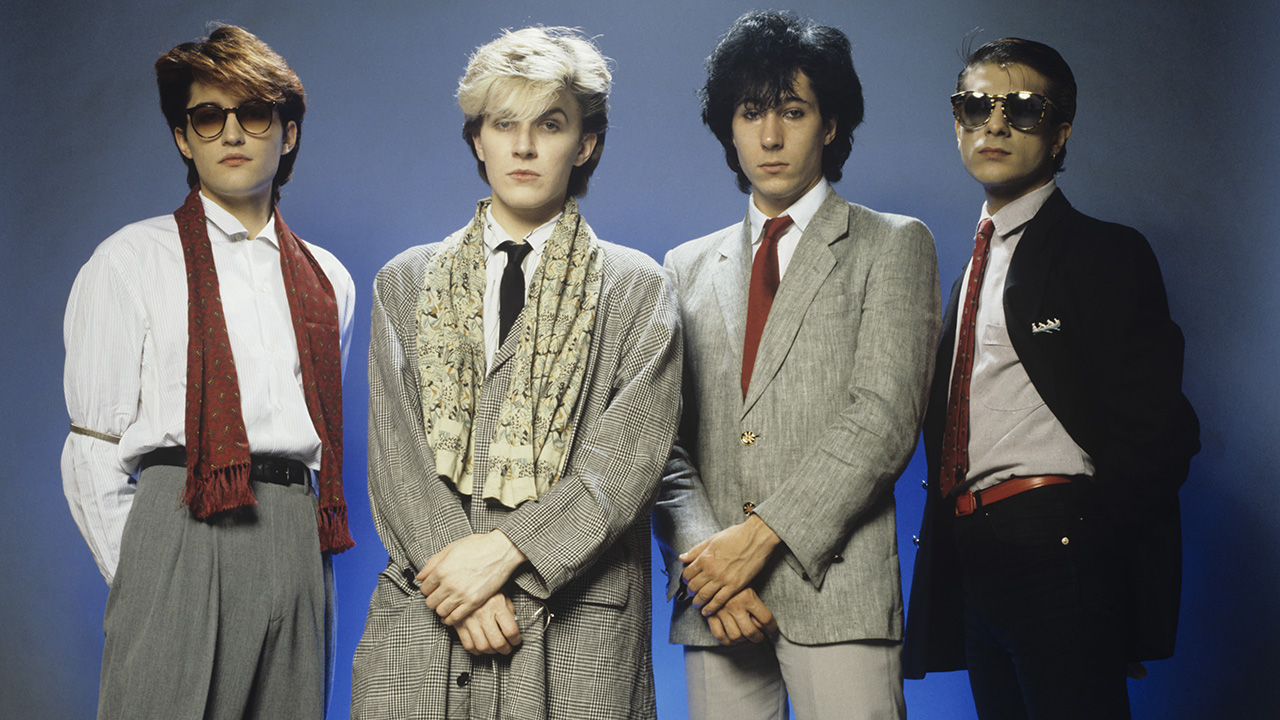By 1981, Japan were barely recognisable from the arch glam-rock throwbacks of 1977’s Adolescent Sex, when they sported New York Dolls barnets and sang about suburban love. There was a track on that debut, however, called Communist China, which pointed towards the full-blown immersion in Oriental music and culture evinced on their fifth and final album, Tin Drum.
Was it prog, though? Tin Drum was so elliptical and strange, even fans are still wondering why a group calling themselves Japan would cut a whole album devoted to celebrating China and its culture. Simon House – yes, that one, from High Tide and Hawkwind – played violin, while keyboardist Richard Barbieri later joined Porcupine Tree, and fretless bassist Mick Karn went on to work with such skilled musicians as jazz guitarist David Torn and Zappa drummer Terry Bozzio.
The performances on Tin Drum were tight yet virtuosic, notably Karn’s nimble bass and Steve Jansen’s drumming, the latter displaying a range of influences, from krautrock and funk to traditional Asian styles. The interplay between Karn and Jansen was thrilling, while the songs moved with such funky fluidity it was as though Robert Fripp had suddenly formed a cerebral prog-disco unit.
Tin Drum was Fripp-ishly brainy – you could tell from the cover image of Catford’s premier Bowie/Ferry clone David Sylvian eating Chinese food with chopsticks in a spare, austere room as Chairman Mao looked down from a wall. The atmosphere of arty froideur continued with the song titles: album opener The Art Of Parties managed to capture the preening narcissism of the New Romantic era in four words.
Oriental tones and textures abounded on this near-concept album. If Yes and Genesis had made pretentiousness acceptable, Japan made it danceable: you could probably groove to Still Life In Mobile Homes in the same way that you could move rhythmically to certain sections of Firth Of Fifth if you were so inclined. Then there was Ghosts, four minutes of beat-free ambience and marimba making up arguably the most out-there Top Five single ever (and that includes O Superman). And finally, Sons Of Pioneers, seven minutes of prog-ish abstraction and noodling. Chinese? Noodles? Never mind.
This article originally appeared in issue 14 of Prog Magazine.


